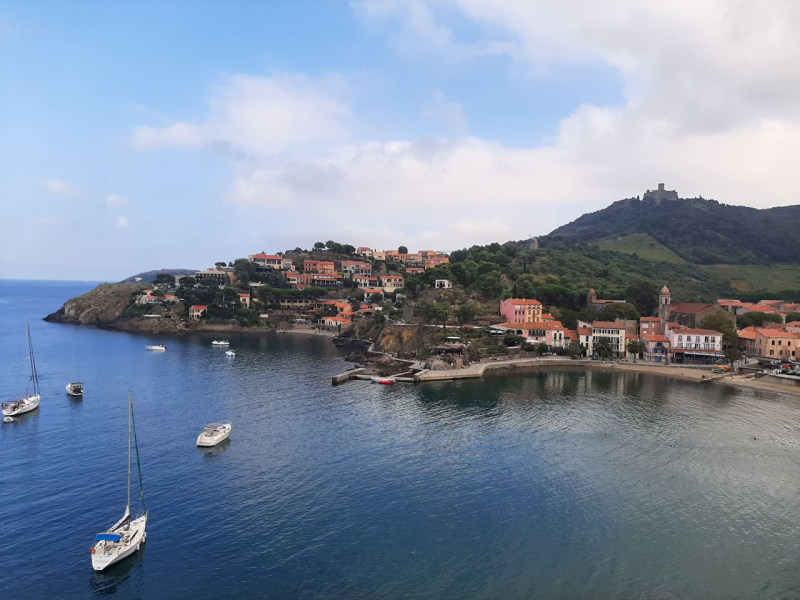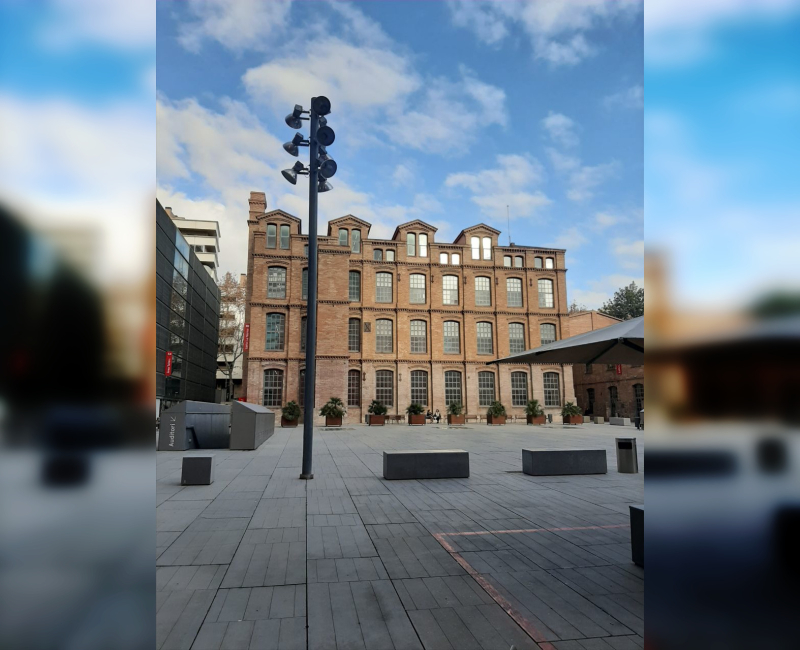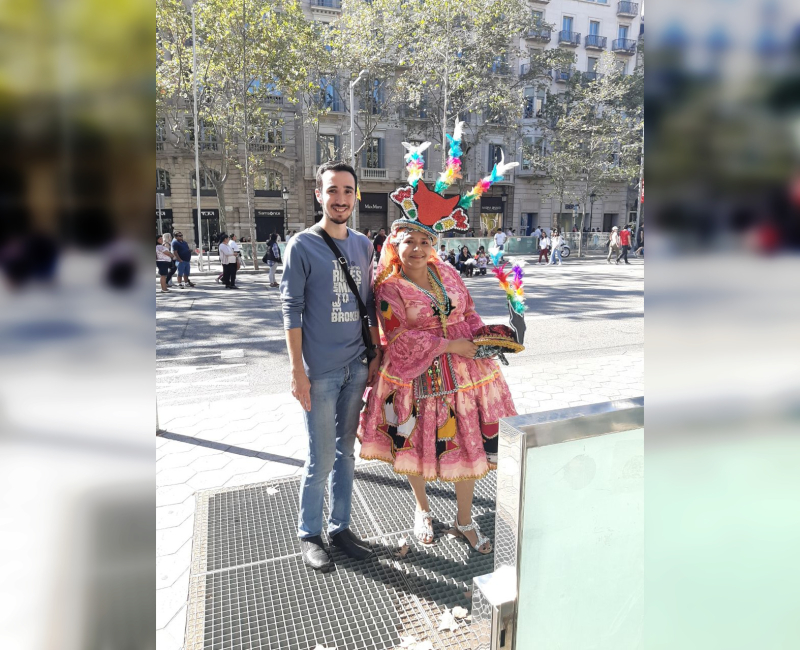Bachelor's student, Information Security Technologies
Discovering Barcelona: Part 2
In the first installment of this story, we learned how Mikael, a third-year student at ITMO, and his sister Zhenya decided to set out to Barcelona for academic exchange. We left him as he'd established communication to the international office of his receiving university, Pompeu Fabra University (UPF). Here's what happened next!

Home sweet home
The flight was less than a week away, but accommodation had not yet been found.
A couple of days before the flight, I found a man named Jesus, who, to my request to book a room, answered with a laconic "Yes," and I was glad that the issue with housing was resolved. On the day before the flight, I decided to clarify whether our agreement was in force, but the taciturn Spaniard completely stopped answering messages and did not answer my calls. Our flight was set to leave the next day and we had nowhere to stay…

Then I remembered that 8 years ago my primary school physical education teacher moved to Barcelona. I haven't seen him for 10 years, but we urgently needed help. I messaged him and that was his reply: "Yes, Mikhael, super, now we’ll think of something! Here, take the contact of our friend, rent from her for a couple of days, and then come to us!"
About the university
In Spain, school starts on September 20. In the first few weeks, you can change the courses you signed up for. As a result, I had 4 subjects left: Databases, Visual Analytics, AI (Artificial Intelligence), and Massive Data Mining. Most of the IT faculties are located in the building at Roc Boronat, the Glories metro station.

Advice: Before the start of classes, do not forget to get your personal student number and access to your account in Moodle. The number can be checked at the Mobility and Welcome Office (it looks something like this: u414567).
The teachers are enthusiastic, they talk lively and interestingly and are all experts in their fields. If something remains unclear, you can come for a consultation. And yes, all classes are either in English or Spanish (you should pay attention to the language of instruction when choosing a course).
Advice: It is better not to take more than 5 subjects, since the projects are big and you may not be able to cope with them. I had 4 subjects and, having clear deadlines, you can make your schedule so that there is enough time for everything.
Voluntariat Lingüístic and Erasmus
On the basis of UPF, there is an organization called Voluntariat Lingüístic that organizes excursions to various interesting places in Catalonia. It is run by Albert, a true Catalan who really wants to show the beauty of his native places. Students can go on excursions to neighboring cities (Ripol, Girona) or take a walk around Barcelona with a guide and learn about its traditions and customs. So, in December, I got on the Christmas Barcelona tour, where we were told how Christmas is celebrated in Catalonia. There is no better way to get to know Barcelona and the rest of Catalonia. The tours are free or paid, but at reduced prices.

There are also many different companies that have "Erasmus" in the name. For instance, we once went with erasmusbarcelona by Shaz to Carcassonne, France. It was a day trip and basically only included the bus ride. As a one-time trip to an unusual place, it was great, but Albert's tours were much more interesting.
Learn more about Barcelona and discover Mikael's tips for international exchange in the third and final part of this story!
